
A report from Observatório Lupa finds AI-generated falsehoods have tripled since 2024, including videos blending real and fabricated clips, fake text exchanges and selfie videos targeting public officials.
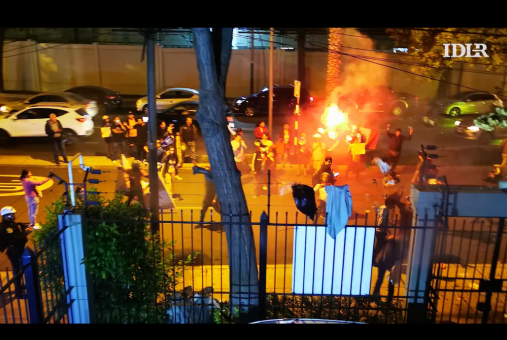
An investigation by IDL-Reporteros and CLIP revealed how disinformation linked to political and business figures spread through social media and escalated to legal pressure and harassment against journalists.
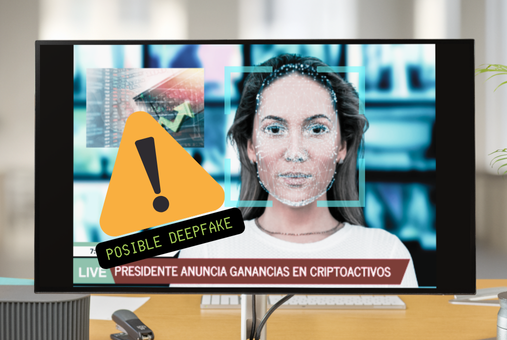
Digital tools such as FactFlow, Archive.org and OSoMeNet help journalists and fact-checkers in Latin America track false narratives, analyze dissemination networks and authenticate online content.
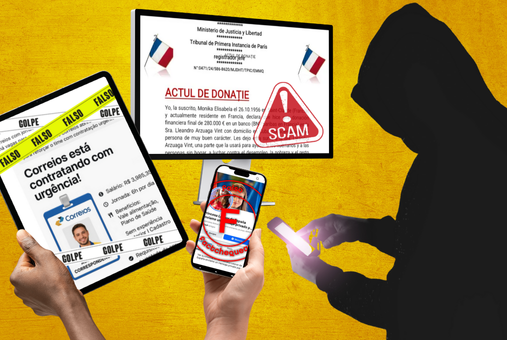
Disinformation experts from Brazil, Mexico and the U.S. explain why journalists must join the fight and help their audiences prevent fraud.
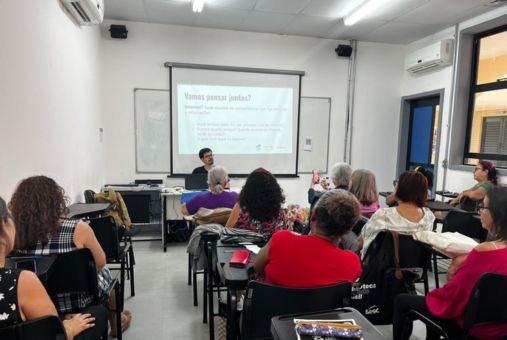
With online fraud on the rise, the fact checking outlet Agência Lupa and local partners are helping seniors navigate the digital world with confidence.
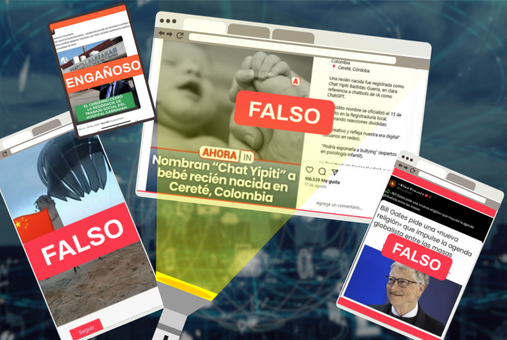
With help from MediaFact Latam’s mentorship program, outlets with scarce resources are building flexible teams to take on bot farms and fake videos.

At the Global Summit on Disinformation, journalists and researchers said AI, foreign influence operations and digital scams are reshaping the news landscape. They called for fostering information integrity to build healthy information ecosystems.

The summit is expanding to include disinformation in political campaigns, online scams and global conflicts. The free online event, set for Sept. 17 and 18, will for the first time also be translated into Portuguese.

Comprova, a collaborative fact-checking project in Brazil, bets on more explanatory language to connect with audiences resistant to corrections.
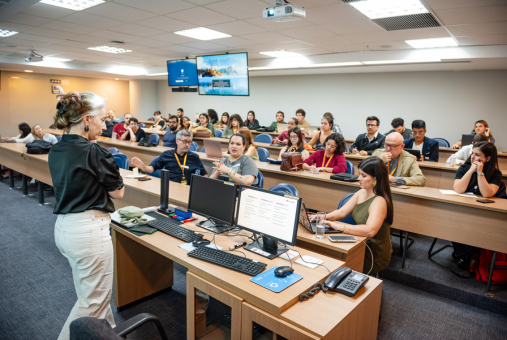
Latam Chequea, a network of news outlets from 21 countries, warns that shrinking support for fact-checkers, the rise of AI, and anti-media laws are creating a “perfect storm.” They call for collaboration with tech companies and urgent action from governments.
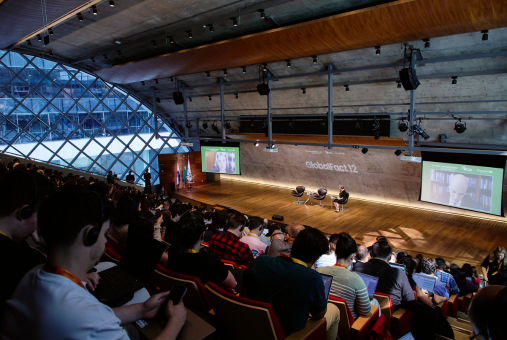
At a global gathering of fact-checkers in Rio, top Brazilian authorities warned that unchecked digital platforms are reshaping public debate in ways that threaten democratic norms. Their remarks shed light on the legal and political reasoning behind Brazil’s push to regulate online disinformation.
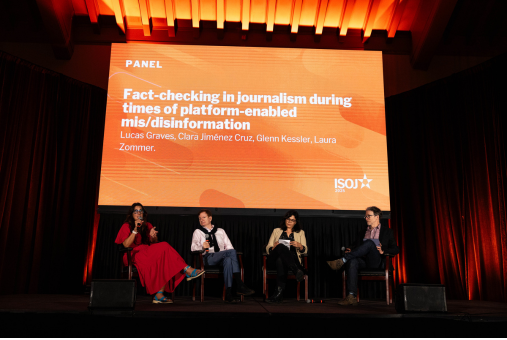
With Meta ending fact-checking and X favoring allies, fact-checkers at ISOJ discuss new ways to counter disinformation and reach audiences.